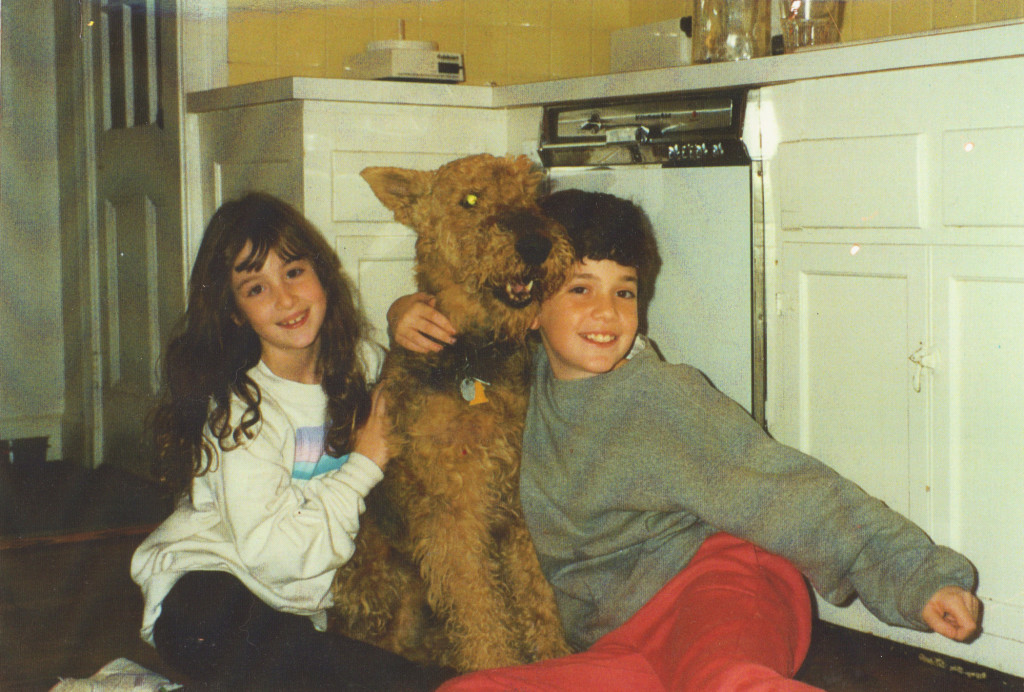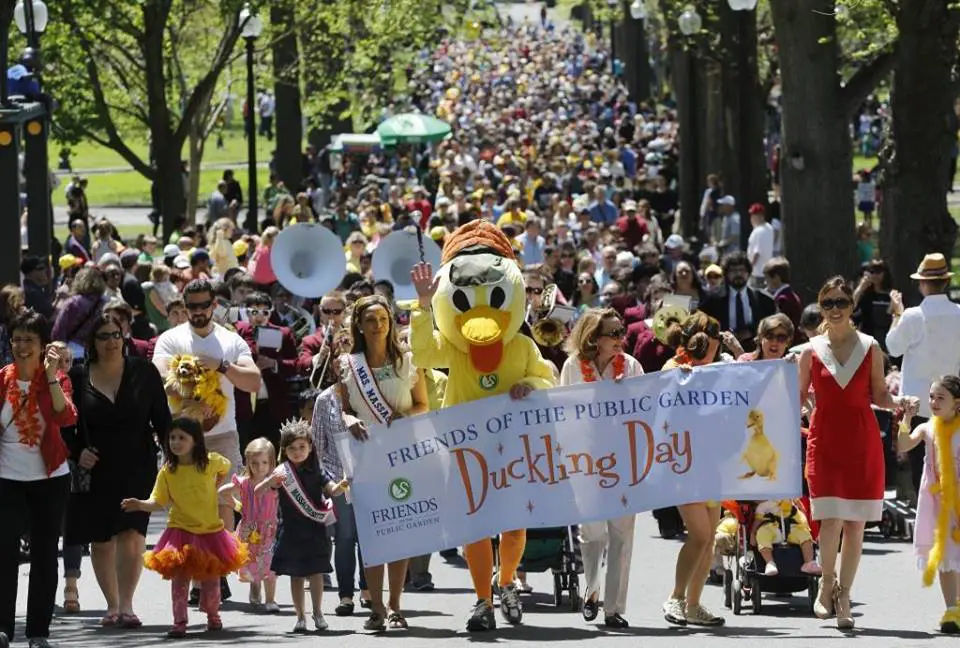The day is still freshly visible in my mind. The day my world shattered. My parents crumbled. My family broke. My brother was gone. It was a freak skiing accident, but at the age of 9 my world changed forever.

The safety and security my parents’ arms once provided me vanished. From that moment on I knew just how hastily life could be taken, and it did not exclude the lives of children. An emptiness surrounded us and sat thickly in the air. While our world had halted to a stop, life around us continued as normal. And so we were forced to make sense of something senseless and come to terms with the fact that he was gone.
As a coping strategy and, most importantly, as a way to always remember my brother, my family spoke about him often. It was vital to remember him — a life that was taken much too soon — and share the memories, for that was all we had left. The stories at first were more painful than anything else. Words flowed through our lips, muffled by tearful sorrow. But, through practice and time we began to laugh again. The grief — while endless — does change little by little, and learning there is a place for laughter while reminiscing allowed my family to endure.
Although the rawness of the emotional wound dissipated over the many years that have passed, the loss is still very much alive. His death, my darkness, shaped everything about me. Happy and exciting occasions are, at times, still tinged with a trace of sadness. And the desire for my children to have known their uncle is prevalent.
Following with keeping his memory alive, I speak about my brother often. I show my children pictures and tell them stories about the mischief we once got into. To think of their mother as a child is a difficult concept on its own, but to begin to comprehend that I had a brother and that brother died — I worry it is too much.
Questioning every choice I make comes with the territory of motherhood, but with a topic this serious, overanalyzing is unavoidable. While sharing memories, my twin toddlers point and smile at pictures of their late uncle. But for my 4-year-old son the experience is vastly different. With the stories also come questions. Where is he? Why did he die? When will he come back? Death is not a tangible idea for a young child, and I can only attempt to respond to the best of my ability.
Protecting the carefree childhood that my son deserves is at the forefront of every answer I provide. I focus on age-appropriate answers and respond solely to the specific questions he asks. I share what I can, centering around the memories rather than the grief. But moments of sadness still occur. It is hard not to worry, wiping my tears away quickly, not wanting to hear the question, Mommy, why are you sad? But emotions are complex, and although the focus of these stories is to allow my children to experience their uncle through my narrative, learning that it is OK to cry and laugh all in the same breath is something I also want them to gain.
My hope is that my children will be shielded from the pain of losing a loved one for a very long time. However, it is impossible to safeguard them from life’s casualties. Unfortunately, as the circle of life continues, that time will inevitably come. Together, we will keep memories alive, crying and laughing, speaking about the departed often, sharing who they were with future generations, just as we have with my brother. And through the power of words my children will understand, what the heart loves and cherishes can never be forgotten.












